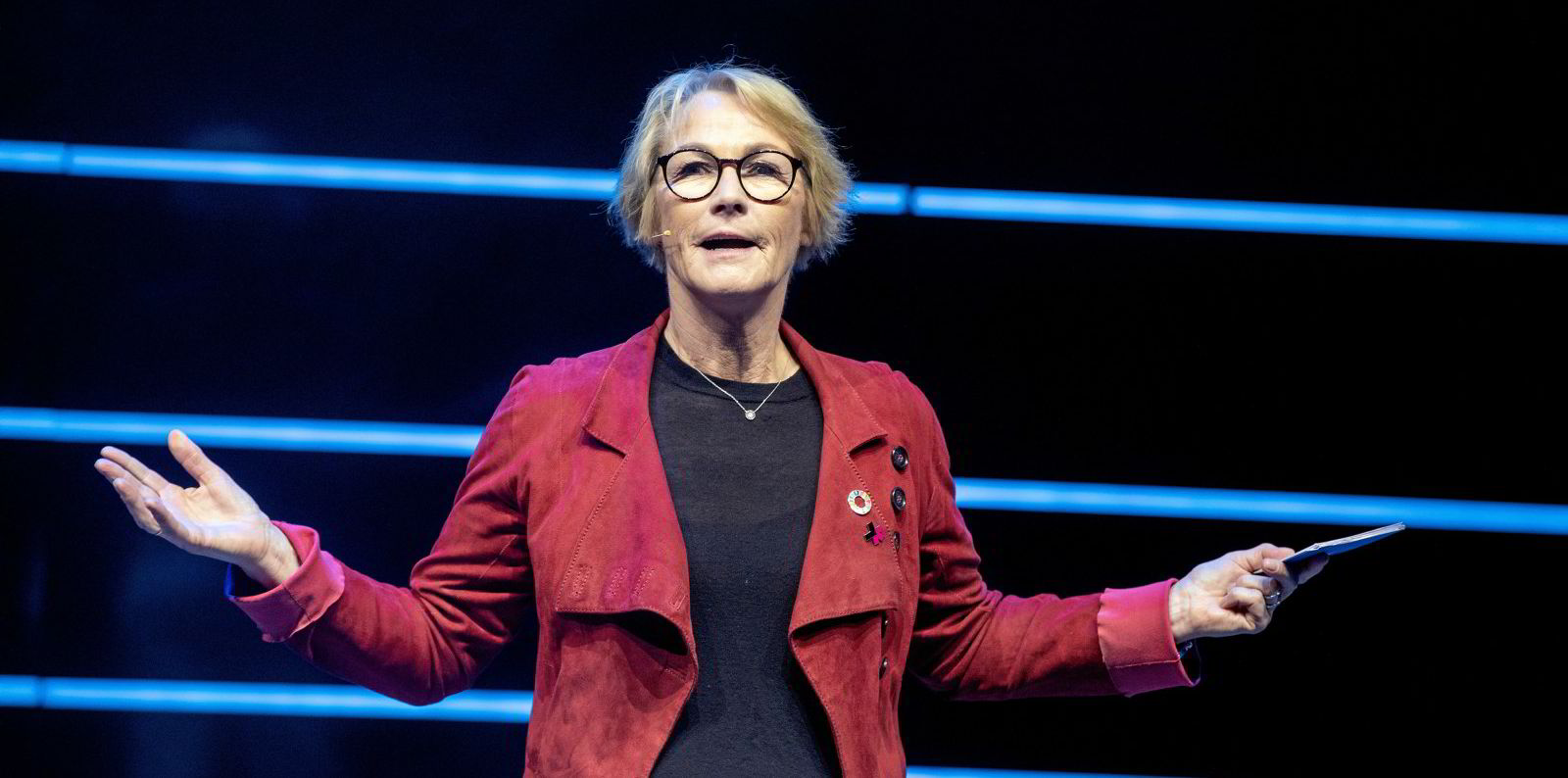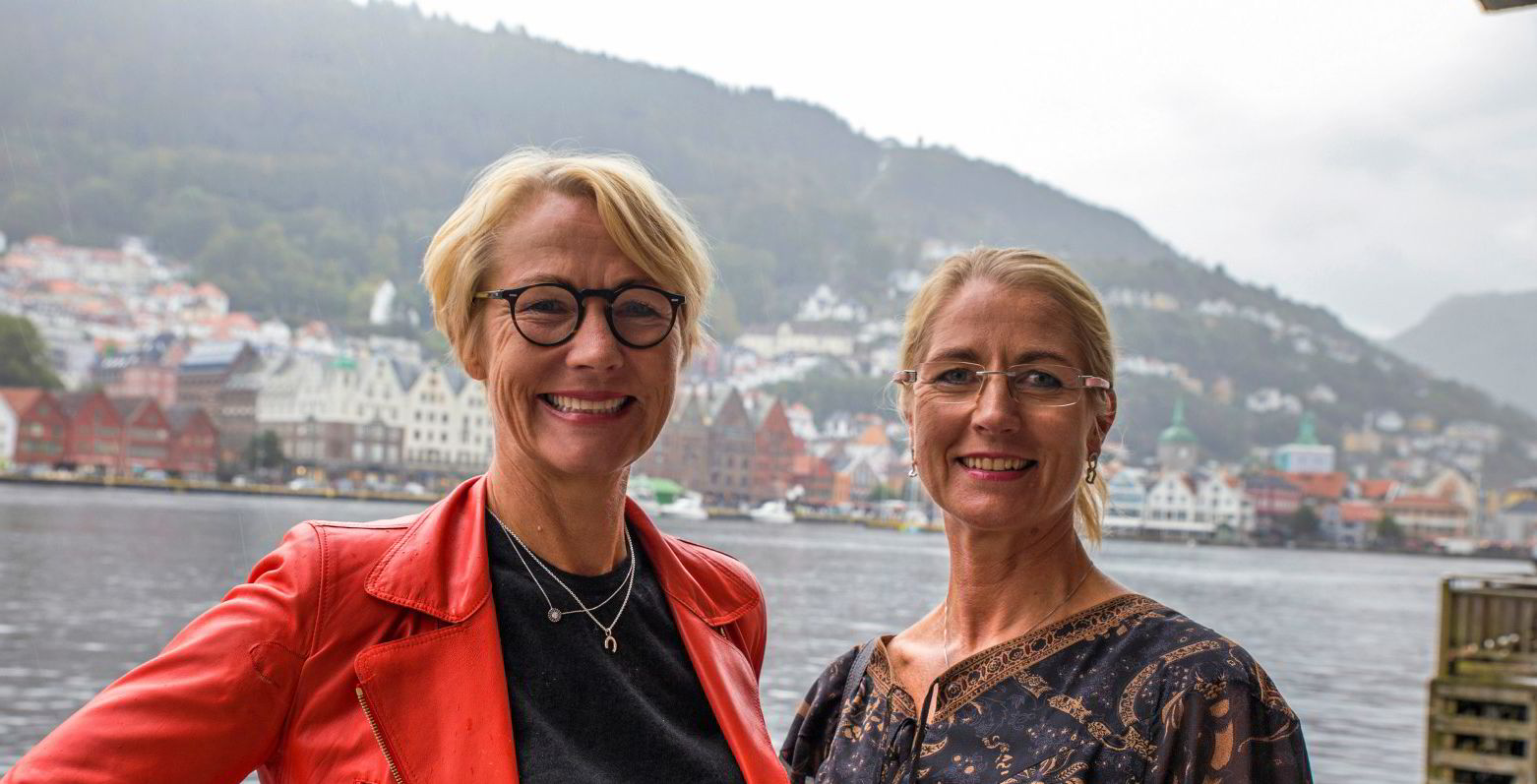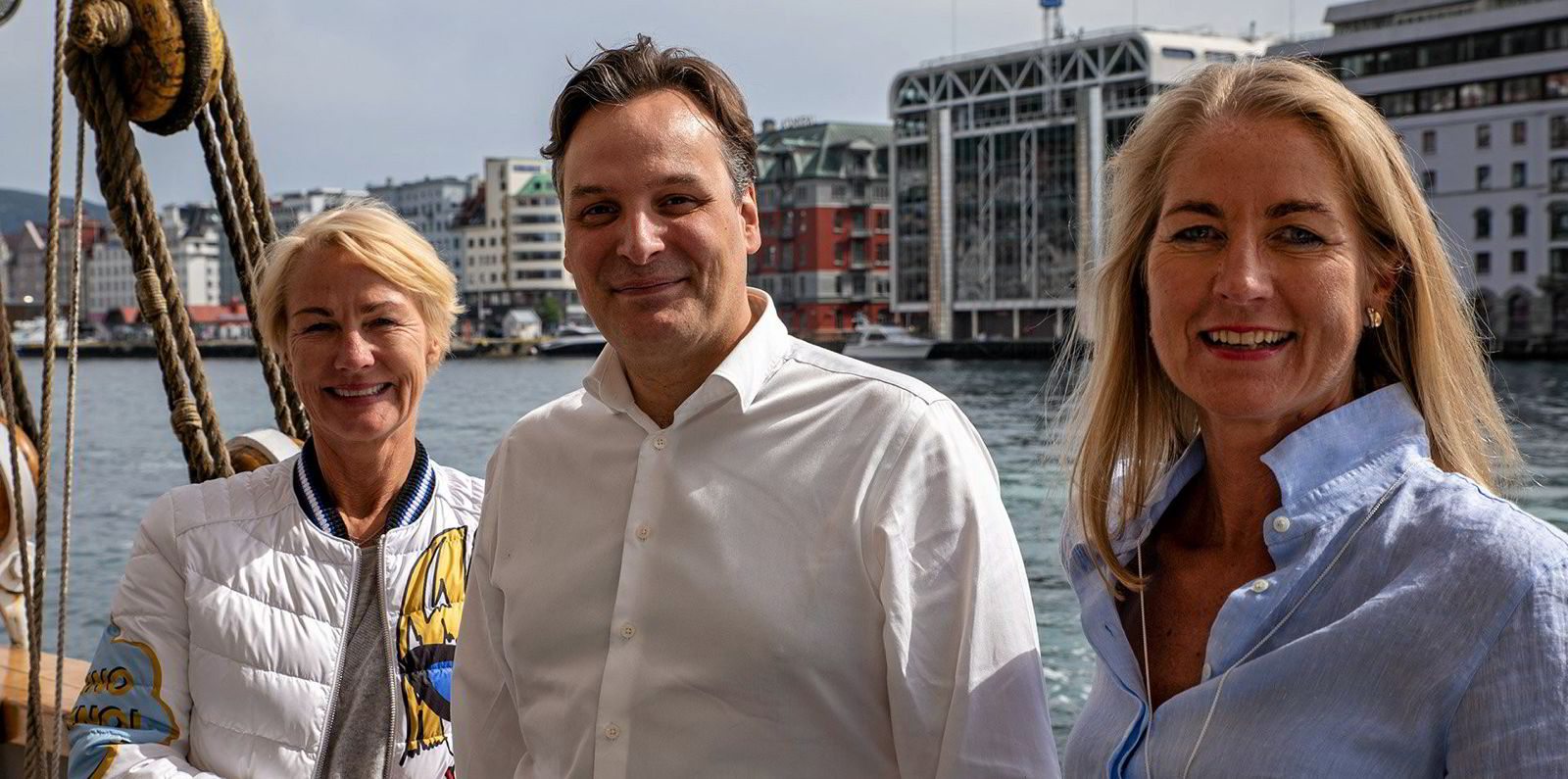Norway's Grieg Group lost NOK 878m ($104.9m) before taxes in 2020 but chairman Elisabeth Grieg says 2021 is looking better.
Pandemic conditions, a massive $83.3m write-down on the value of open-hatch bulkers, and a dramatic year for the shipbroking network all took a toll.
"Financially, 2020 will end as an abnormal year,” chairman Elisabeth Grieg said in announcing the results.
Grieg Maturitas, the holding company she heads, reported an operating loss of NOK 555m on operating revenue of NOK 6.765bn in 2020. In 2019 the group had earned a robust operating profit of NOK1.2bn on operating revenue of NOK 7.088bn.
The pre-tax loss figure of NOK 878 followed a pre-tax profit of NOK 1.025bn in 2019.
“Covid-19 influenced all parts of our organisation. Besides challenging seafood and shipping markets, we had to handle the ongoing crew-change crisis following the pandemic," she said.
Stabilisation
Grieg pointed to "stabilising markets" so far in 2021 in both shipping and seafood.
“Aligned with the continuous development in our innovative business segments and projects, we genuinely believe that 2021 will bring us better opportunities and financial results than the last,” she wrote.
In dollar terms the three biggest effects came from the effects of the Covid-19 pandemic on Grieg Seafood's markets, Grieg Maritime Group's open-hatch write-down, and the sale of Grieg Shipbrokers' Asian shops.
Grieg Maritime chief executive officer Matthew Duke underscored that the write down does not affect liquidity or impact financial obligations.
“The value of our open-hatch fleet has been a discussion point internally for some years," Duke said. "We purchased parts of the fleet at a very high price point in the shipping cycle. We have decided to normalise these values in our books. For our annual accounts, this means a write-down of $83.3m."
Grieg's shipowning segment was been rebranded last year as Grieg Maritime Group, keeping the former Grieg Star name for its ship management subsidiary, and setting up a new vehicle for sustainable shipping innovations, Grieg Edge.
The company highlighted Grieg Edge's collaboration with Wartsila to develop an ammonia-fuelled tanker for delivery in 2024. Norwegian authorities granted NOK 46.3m in funding for the MS Green Ammonia project in December.

Grieg Maritime Group reported an operating loss of NOK 762m and a pre-tax loss of NOK 943m on operating revenue of NOK 1.579bn in 2020, following a 2019 operating profit of NOK 118m and pre-tax loss of NOK 64m on operating revenue of NOK 1.499bn.
Negative equity
Grieg Shipbrokers, the company founded by Joachim Grieg in 1884, saw a tumultuous year including the departure of broking boss Finn Engelsen followed in January of this year by the sale to Affinity (Shipping) of Grieg's dry chartering operations in Shanghai and Singapore.
Grieg Shipbrokers had its "highest turnover ever with a comfortable operating margin" last year, according to Morten Muller, who along with Ivar Sandvig Thorsen now forms an interim management.
"Unfortunately, this was somewhat overshadowed by provisions associated with the restructuring of our overseas subsidiaries," Muller said. The Asian broking operation had "failed to extract the internal synergies anticipated".
Grieg Shipbrokers is left with negative equity of NOK 36.5m.
The interim managers are looking to recruit a managing director for Grieg Shipbrokers this year.
"We are experiencing tailwinds in several areas and are thus optimistic that the painful measures we have implemented will ensure a bright future for Grieg Shipbrokers," wrote Muller in Grieg's annual report for 2020.







